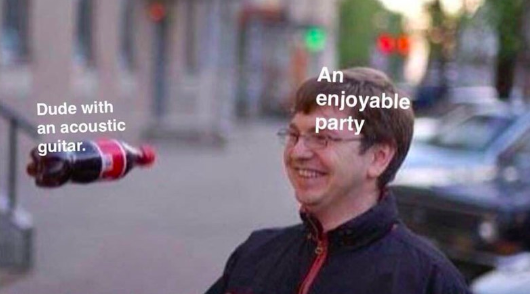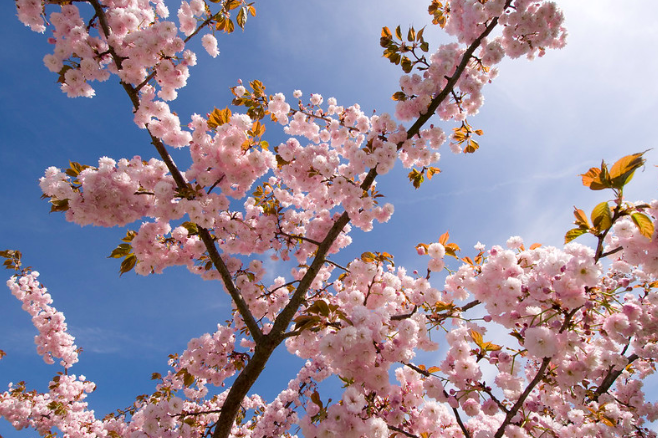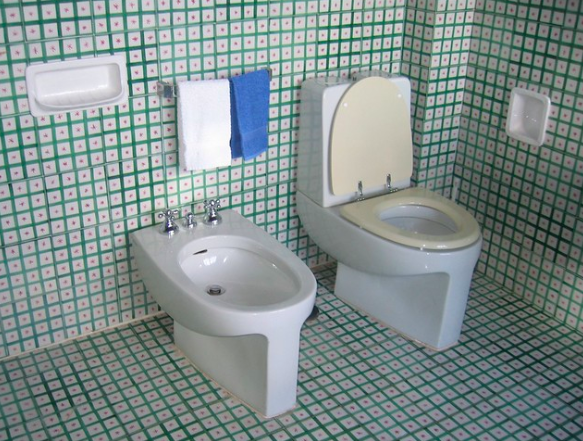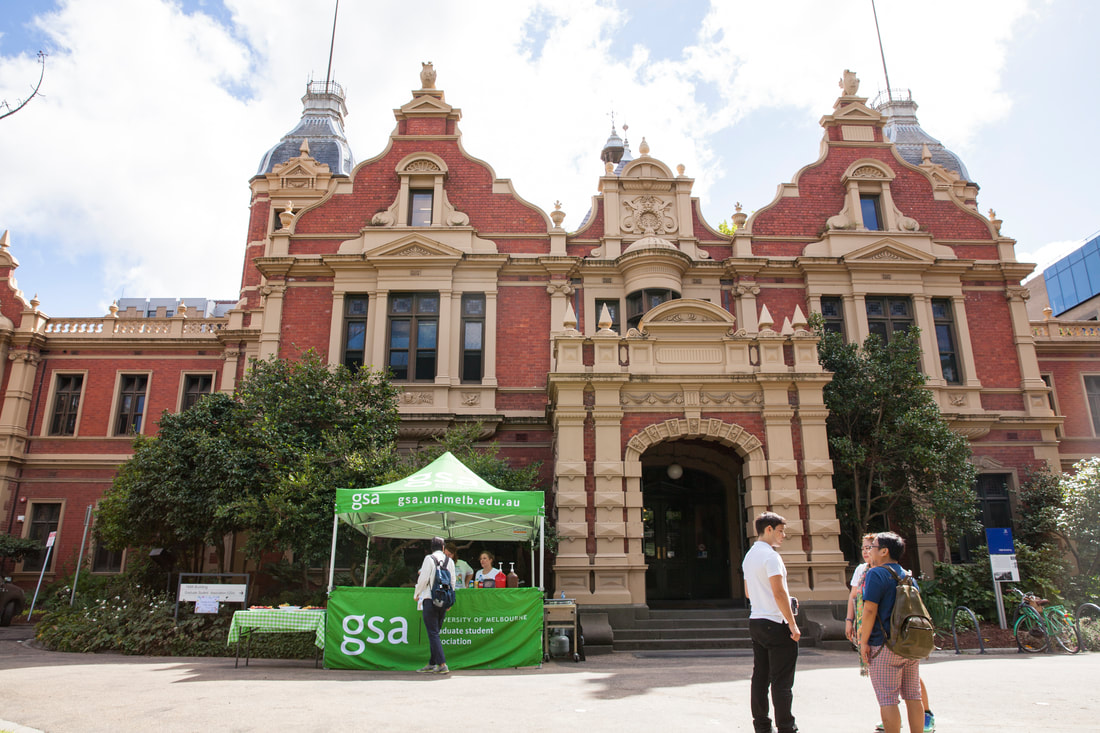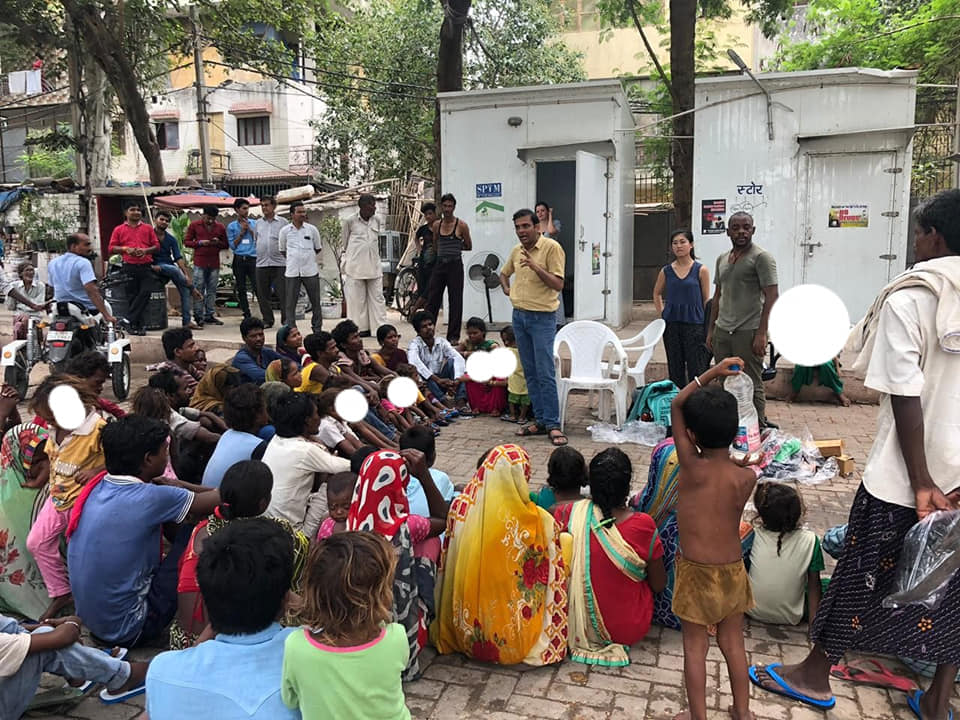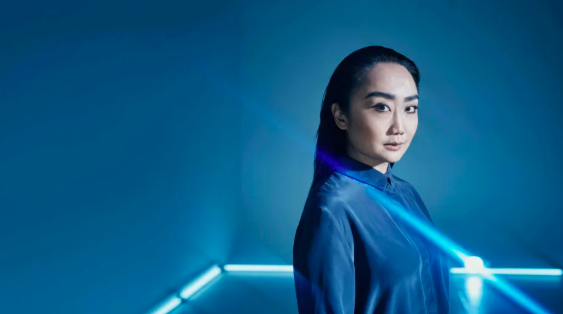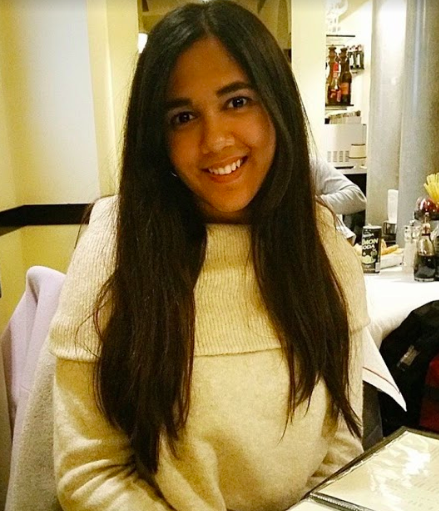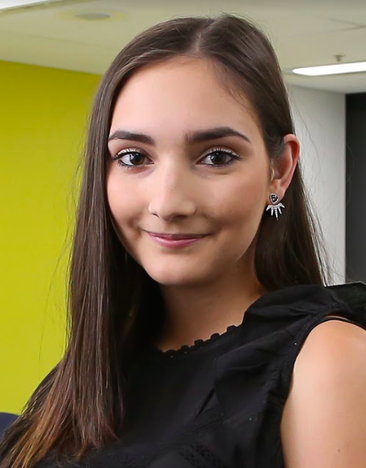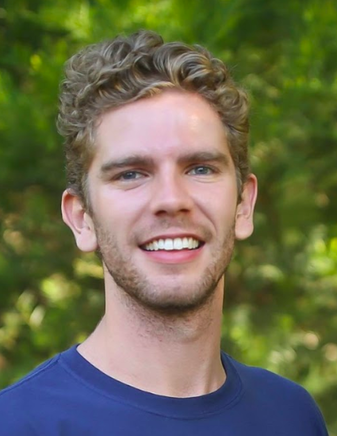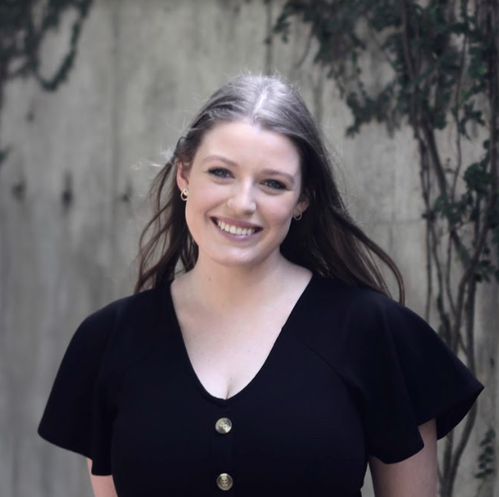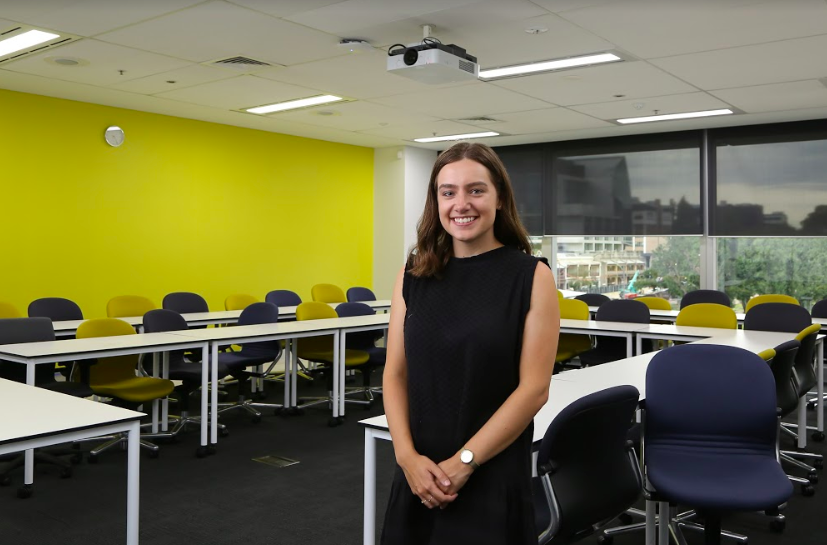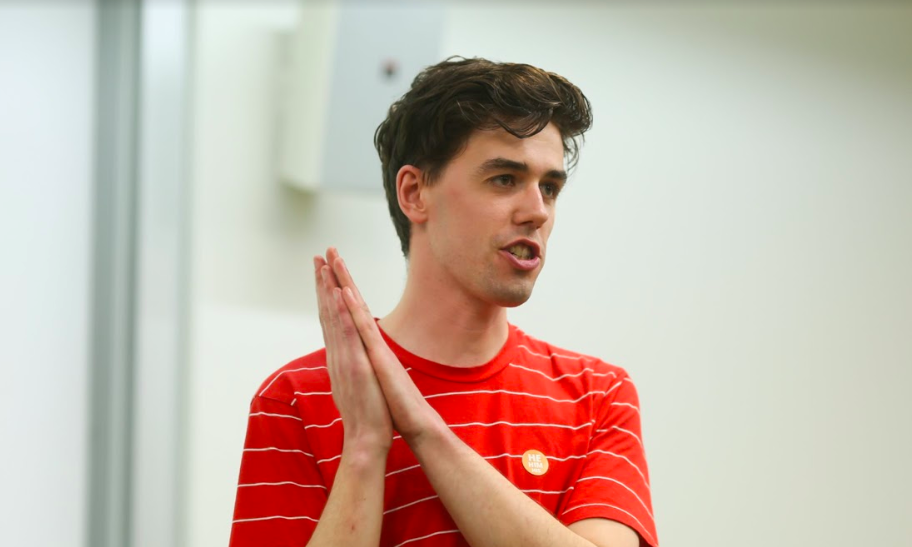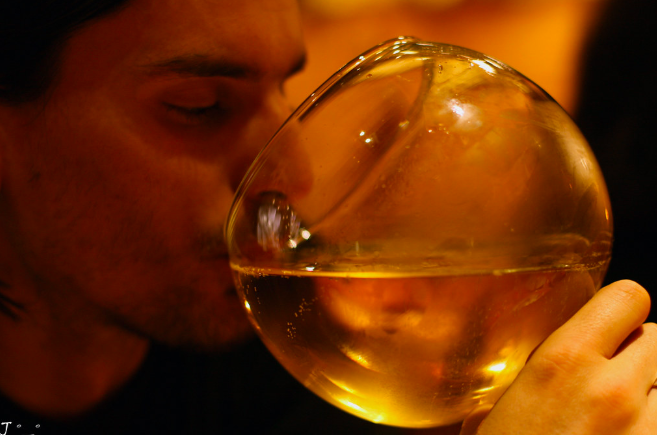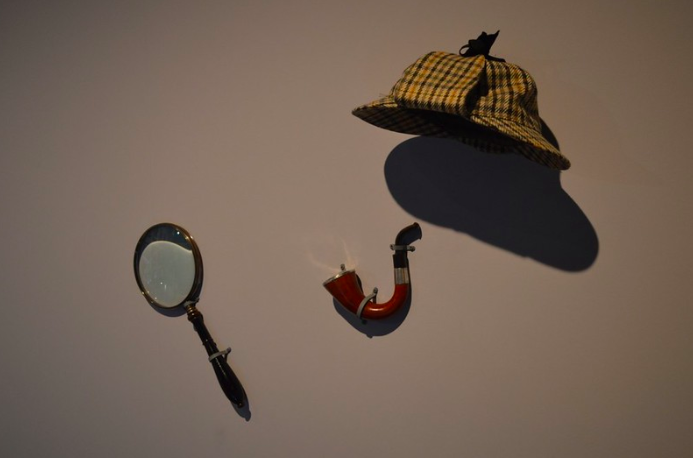|
Issue 9, Semester 2, 2019
LAURA S A little while ago, being the generous soul I am, I offered a friend a lift. And being even more kind-hearted, I gave them full control of DJing through my phone that was plugged into my aux. Obviously, this was also an exercise in trust – were they going to dig through my photos and find my selfies from when I was eighteen? Or was I giving them full license to creep through my text messages? No – worse. After a few minutes of them flicking through my playlists, they looked over at me, laughed and said ‘wow, your music taste really sucks.’ So, I laughed back, and pushed them out of the car. Not really. Issue 9, Semester 2, 2019
RICHY GOODLAD Sunshine on my neck trees whispering in the wind Nasonex cleanses Richy is a First Year JD Student. Issue 9, Semester 2, 2019 THEA WALTON You are a crisp splash in the pool on a summer's day, sighing, sliding into freshly-washed bed sheets, a cold toilet seat on your soft, warm bum. You are not your grades. You are screaming Mr Brightside at the top of your lungs, laughing so hard you can't breathe, the moment you realise your new friends are now your good friends. You are not your grades. You are
the first time "v" became "and", using Prima Facie in normal conversation, forgetting how to spell judg(e)ment You are not your grades. You are the skip of your heart when your crush texts, smiling at your lover from across a crowded room a soft, gentle kiss on your neck. You are not your grades. You are the hole drilled in your chest when a loved one dies and the memories you use to patch it, every time your parents say 'I love you' and the first time you really hear it. You are not your grades. You are every moment, every feeling, every breath. You are not your grades. You are so much more. Thea is a First Year JD Student. Issue 9, Semester 2, 2019
JIMI MUIRHEAD The De Minimis editorial team revealed the other week that LSS committee members are rewarded annually with a party worth an average of $27.50 per head. It’s important to note how this remuneration compares to other societies representing law students. The Graduate Student Association declares that it provides ‘enrolled graduate students at the University of Melbourne with representation, events, training and support’ and that the organisation is ‘the heart of graduate student life’.The GSA received over $2 million a year in SSAF funding, the student services and amenities fee we all pay each year, as opposed to the reliance on corporate sponsorship by the LSS.[1] The students who sit on the GSA committee, many of whom have been law students in recent years, have been provided ‘honoraria’ payments. It is understood these have been upwards of $8,000 per member in recent years. The GSA admit committee members are paid on their website but fail to disclose how much. The most recent available financial statements show the GSA spend roughly $130,000 on these payments every year. De Minimis contacted the GSA committee for comment recently, however they have not yet responded.
Issue 9, Semester 2, 2019
DELINNA DING I miss India. It's been more than a month since my internship at Human Rights Law Network as part of the subject Law and Legal Practice in Asia and I am still yet to fully process my time there. Those who know me know that I'm quite a private, but emotional person. I often find myself getting attached to my surroundings, taking things too personally, or thinking and overthinking things. It wouldn't be the first time someone pointed out to me that these are the precise attributes of lawyering which are unwelcome. After all, lawyers are supposed to be objective, unwavering, sharp – nothing less but also nothing more. But hey, I'm still working on it. Issue 8, Semester 2, 2019
CHARLES D Editor's Note: With the culture war between the Mezzanine and Level 3 heating up this semester, De Minimis has decided to pick a side in the battle with a reprint of a love letter to the L3 study area, from the halcyon days of 2012. Online Editor's Note: Mezz is better anyway xoxo I’ve been storing this one up since February Nothing causes me to feel as much as the level three study room: feelings of attachment and knowing, of love and security, of frustration and anxiety, at times of downright loathing. I wrote some months ago that law school is toxic for romance, but that was before I realised that I’ve developed feelings for something that are unrivalled to any I’ve experienced in my relatively short lifetime. I’m in love with the level three study area. Issue 8, Semester 2, 2019
YING WONG Australia is on the frontlines of the climate crisis; we are witnessing it daily – extreme drought, flash flooding, cold snaps and uncontrollable bushfires. Our neighbours in the Pacific are already experiencing the dramatic effects of sea-level rise. The science is indisputable – this is a climate emergency. This Friday 20 September, 3 days before the UN Climate Emergency Summit, school students inspired by Swedish student Greta Thunberg are inviting the world to a Climate Strike, taking place from 2pm-4pm at Treasury Gardens in the City. This is a global event to show politicians that people all over the world, from all walks of life, want immediate climate action, and to stand in solidarity with those who have already been hurt by the crisis. In March, a similar event drew 1.6 million people worldwide. The University of Melbourne have endorsed the strike, and have stated that students and staff may strike without penalty. If you’re nervous about attending a strike or have never done so before, there will be a Uni contingent meeting at the Wilson Hall up on main campus at 12pm which will then join the larger student contingent at the State Library at 1pm. I am not affiliated with the Unimelb Climate Strike group but write this post in my personal capacity as a concerned citizen ~genuinely stressed~ about the fate of the planet. Hope to see you there. Ying is a Second Year JD Student and De Min Online Editor. Issue 8, Semester 2, 2019
MAX FERGUSON Last Saturday evening, I went to see the Melbourne Theatre Company’s production of Golden Shield, by Melbourne-raised writer Anchuli Felicia King. King is just twenty-five years old, and went to our very own UniMelb, so I took my seat in Southbank Theatre with a feeling of hopeful anticipation. Based on real events, Golden Shield is a LEGAL DRAMA following two American sisters in their battle against Cisco Systems, an American tech company which had assisted in the Chinese government’s titular Golden Shield Project. The play skilfully explores a dynamic and interesting topic. King has deftly incorporated political and cultural dynamics into the legal drama framework, reinvigorating an otherwise-familiar scenario. Special Issue: Melbourne University Law Students' Society Elections
Issue 7, Semester 2 Editor’s Note: This story was researched and written by members of the De Minimis editorial board in response to contact by a concerned member of the LSS committee. De Minimis does not advocate a specific position on this matter. We encourage all students to approach us for publication of their stories and thoughts about the goings-on at Melbourne Law School. At the monthly general committee meeting on August 26th, the LSS committee approved expenditure of $2,500.00 on the annual end-of-year committee celebration party ‘End of Reign’ according to an anonymous source within the LSS committee. As per the minutes provided by LSS, the motion was passed with twenty-seven votes in favour, two against, one abstention, and one voting member not being present or allocating a proxy. According to the source, the party to be held at Benjy’s Karaoke Bar on Lygon St in October, has had an expenditure breakdown approved of $2000.00 allocated for a bar tab, and $500.00 allocated for food. When reached for comment, the LSS clarified that $2000.00 was the minimum expenditure required by the venue to secure a booking. Special Issue: Melbourne University Law Students' Society Elections
Issue 7, Semester 2 What does the Director of Sponsorship bring to the character and functioning of the LSS? Why are you suitable for this role? The Director of Sponsorship is responsible for negotiating sponsorship agreements to ensure that the LSS has adequate funding to run its initiatives. I have been on the LSS now for almost two years, first as Careers Officer and most recently as Careers Director. Both of these roles are sponsor-facing, so I have experience liaising with sponsors, fulfilling sponsorship agreements and developing sponsor relationships for future committees. I am best placed to build on the existing relationships we have with sponsors to make sure that they continue to invest in initiatives for the MLS student cohort. My experience on the LSS also means that I have an understanding of the way the institution runs, which is vital because the Director of Sponsorship also forms part of the Leadership Team, alongside the President, Vice-Presidents, Treasurer and Secretary. Having this understanding means that I can contribute meaningfully to executive decision making, and make sure the LSS is achieving its main objective: acting in the best interests of the student body. If successful, what do you most hope to achieve, and do differently, in your term as Director of Sponsorship? I want to make sponsorship work in the best interests of students. Our sponsors tend to be private practice firms, simply because of the amount of resources those firms have. I intend to maintain existing relationships, but also forge new partnerships with organisations that are of interest to our students. I wish to institute alternate pricing regimes for government and public interest organisations so that they aren’t priced out of being involved with MLS. I am also passionate about instituting an ethical sponsorship model. This idea stems from our desire to know where our funding is coming from and what those firms stand for. We want to know that we are accepting funds only from firms who align with our values, especially regarding D&I initiatives as well as mental health and wellbeing policies. For more on the 2020 Elections and to view candidate profiles, visit the MULSS website here. Voting is open from 9am Monday 9 September till 5pm Friday 13 September. Special Issue: Melbourne University Law Students' Society Elections
Issue 7, Semester 2 As Vice President, what would be your key policy focus? In practical terms, how would you bring this about? My key policy focus is increased support for Mental Health and Wellbeing Services. This degree is challenging and can impact on our mental health. That’s why I have been actively working with both MLS faculty and the UniMelb Counselling and Psychology Services (CAPS) to highlight accessibility issues students have been facing. There is still a long way to go in this space. As VP, I will continue to push faculty to make counselling appointments more accessible, as well as adding other resources through the LSS. This includes adding a wellbeing page to the MULSS website with links to external services, fact sheets and helpful articles. What do you see as being the special value of the LSS, as distinct from the role of other student groups? The LSS has so many unique and diverse portfolios that are all about giving students opportunities to succeed, as well as have fun and take breaks from study. As Women’s Director this year, I’ve seen how dedicated each and every Director, Representative and Leadership Team member is to putting on events, running the competitions, careers panels, education services, workshops, networking nights, and bringing in a diverse range of speakers to share their experiences in the legal profession with students. Everyone truly cares about what they can do to enhance the experience of all students beyond their classroom studies. What should the student body expect of the LSS? Are you able to deliver on those expectations, and if so, why? All students should expect committee members to be receptive and responsive to their needs and ideas. As one of the women’s directors, it was important to me that when students came to me with new ideas or feedback, I really took that on board and did everything I could to make changes or make an event happen. This year we were able to add financial literacy and networking workshops to the Women’s Verbal Assertiveness workshop, as well as add the Women’s Cultural Diversity Breakfast event. This was all thanks to the input and suggestions of students. On a larger scale, I created a survey for MLS students which encouraged them to share their experiences or issues in using CAPS. After receiving the responses, I worked hard to articulate the feedback and concerns to MLS and CAPS. As VP I will continue to listen and advocate for students. For more on the 2020 Elections and to view candidate profiles, visit the MULSS website here. Voting is open from 9am Monday 9 September till 5pm Friday 13 September. Special Issue: Melbourne University Law Students' Society Elections
Issue 7, Semester 2 As Vice President, what would be your key policy focus? In practical terms, how would you bring this about? My key focus as Vice President will be to create a healthier law school culture by reducing the stigma surrounding failure at MLS. Odds are that we’ve all felt our stomach drop just that little bit after seeing some of our results. As VP I want to work with faculty to provide the cohort with more information as to what actually happens if you do fail (because at the moment there’s not much!) to make it easier for everyone to feel comfortable seeking help and support from both the faculty and their friends. I’d also create relaxed study sessions throughout the semester to give everyone the opportunity catch up in a far less intense environment than the library so that nobody feels left behind. What do you see as being the special value of the LSS, as distinct from the role of other student groups? I think we’d all agree that it’s pretty difficult to be a part of this degree and not have some sort of interaction with the LSS, whether it’s through a careers panel, social event or even a competition. Unlike other student groups, this is what makes the LSS so special as it is a representative body for all law students, not just for a small group. It’s as much a part of the the law school experience as the actual degree itself and that’s why it bears a greater responsibility in ensuring all voices and opinions are heard. That’s what I see as the special value of the LSS, it’s very much one of a kind. What should the student body expect of the LSS? Are you able to deliver on those expectations, and if so, why? The student body should expect an LSS that listens and is constantly advocating on the cohort’s behalf. They should also expect an LSS that is continually evolving, whether it’s by creating new events or improving existing ones. As one of your Activities Directors this year, our team did exactly that. We took feedback from the previous few years which resulted in us creating and improving almost all of our events in some way. As VP, you can expect an LSS that is always pushing for change and strives to improve your law school experience in the big ways and, sometimes more importantly, the small. For more on the 2020 Elections and to view candidate profiles, visit the MULSS website here. Voting is open from 9am Monday 9 September till 5pm Friday 13 September. Special Issue: Melbourne University Law Students' Society Elections
Issue 7, Semester 2 As Vice President, what would be your key policy focus? In practical terms, how would you bring this about? My key policy focus is to introduce greater collaboration among portfolios and with other societies. I want to encourage the LSS to work with students to better represent the range of experiences and identities at MLS. This policy focus is practical and achievable because of the unique ‘big picture’ position of a Veep, where I would oversee half the directors’ portfolios and help facilitate their initiatives. From this position, I’ll drive an intersectional and collaborative approach, not just in the planning stages but during the follow through. Because of the varied nature of each portfolio, I want to remain flexible in how this is implemented in practically, whether through formalised meetings or other processes. I’ll also work with directors and the student body to improve how important information is communicated by the LSS to students. I’ll also put in place an ongoing feedback channel and promote the practice of students bringing their own ideas and initiatives to their directors, so the student body has a greater influence over how they are represented and the changes they want to see at MLS. What do you see as being the special value of the LSS, as distinct from the role of other student groups? The LSS’s special value derives from its size and scope, and its longevity and reputation. The LSS has a large committee which provides it with the scope to represent students from various backgrounds and advocate across a broad range of issues. The LSS has also been around for a long time, which means we have a wealth of institutional knowledge passed down by directors regarding not only how the society works, but also how the law school operates. We have many established contacts within the law school and externally. The LSS’s advocacy power comes from this understanding of life inside the law school and beyond it. What should the student body expect of the LSS? Are you able to deliver on those expectations, and if so, why? First and foremost, the student body should expect their LSS representatives to represent their interests and needs. While no single director can share the experiences of all the students they represent, by improving collaboration, communication, and engagement I’ll encourage a culture of directors actively listening to and working with MLS students to address their concerns and provide greater access to valuable opportunities. For more on the 2020 Elections and to view candidate profiles, visit the MULSS website here. Voting is open from 9am Monday 9 September till 5pm Friday 13 September. Special Issue: Melbourne University Law Students' Society Elections
Issue 7, Semester 2 Finishing the year as the LSS Internal Competitions Director, presidential hopeful Sarah Watling’s campaign is infused with a deep appreciation for the culture of the MLS and the profound sense of place that it brings to the lives of students. When talking to her, I mention that the one word that consistently springs to mind summarising her approach to the LSS would be ‘community’. “I would agree with that,” she states. She recounts her memory as a first year of interacting with then-president Gus Viola, and the impact that senior LSS members had on welcoming and making her feel a sense of belonging. “I would want to be that for incoming first years… I think my three strategic priorities all feed into the idea of having a stronger community at MLS, and that’s important because law school brings a lot of stresses… these are things we’re all going through and I think banding together makes it easier to get through this.” Special Issue: Melbourne University Law Students' Society Elections
Issue 7, Semester 2 If one were pressed to come up with an aphoristic nickname for the LSS presidential candidates, the thought that comes to mind when talking to Daniel Bennett-Spark would be something akin to ‘the conscience candidate.’ The 2019 Queer Director turned presidential contender is running on a platform dedicated to promoting student wellbeing with a strong focus on the Law Student Society’s role in promoting social and institutional equality. “I think my platform is really practical,” states Bennett-Spark, “… it focusses on utilising the resources we have at the LSS and also as sought-after graduates to really improve student life, but also the profession more widely and even society as a whole. I also keep in mind the fact that the LSS needs to be more accessible to all students – we have work to do there, and I think that’s our responsibility.” Issue 6, Semester 2, 2019
LAURA S I don’t want to scare you or anything, but you’re going to die. Not right this second (well, I hope not right this second), but it’s going to happen one day. It’ll happen to me, it’ll happen to you, it will happen to everyone you know. Any you know what? That’s okay. Issue 6, Semester 2, 2019
GRIMALDUS TRIGGER WARNING: This article contains references to child sexual abuse and paedophilia. The Supreme Court of Victoria’s recent decision to uphold the conviction of Cardinal George Pell for child sexual abuse has seen a (justified) outpouring of sympathy for Pell’s victims. This has been accompanied by a wave of public vitriol directed at the disgraced Prince of Rome. Be forewarned—this article will attempt to open up a conversation about the motivations for such acts, and argue for a shift in how they are commonly perceived. Issue 6, Semester 2, 2019
MICHAEL FRANZ An angry night was coming in from the Docklands. The sort that makes the skin on the back of your neck itch, where rain hangs in the air like ozone, and tension runs like a live current across the tram wires and slick streets. On nights like these your nerves jump at every sound, meek housewives brush their fingers across the edge of kitchen knives whilst eyeing their husbands’ necks, and meetings between illicit lovers end with blood in the gutter.
Issue 6, Semester 2, 2019
"MICHARD RERCER" Perhaps it’s just the mid-semester two blues, but I think MLS needs an injection of LOVE to help lift everyone’s spirits. In celebration of week 6 and the just-past-6-months anniversary of Valentine's Day, here's a special playlist in the name of LOVE — made just for you and that special other in your life (person, animal, object). Famous hits include:
And in celebration of the diversity of the number 6 (which is so special, you can even make another by rotating it), there are a whole 6 x 6 (= 36) songs — one for each day to take you through to the end of semester and BEYOND. Disclaimer: Not all songs are strictly happy love songs, but they all got that loving feeling... Michard is a Third-Year JD Student looking to spread love |
Archives
October 2022
|

